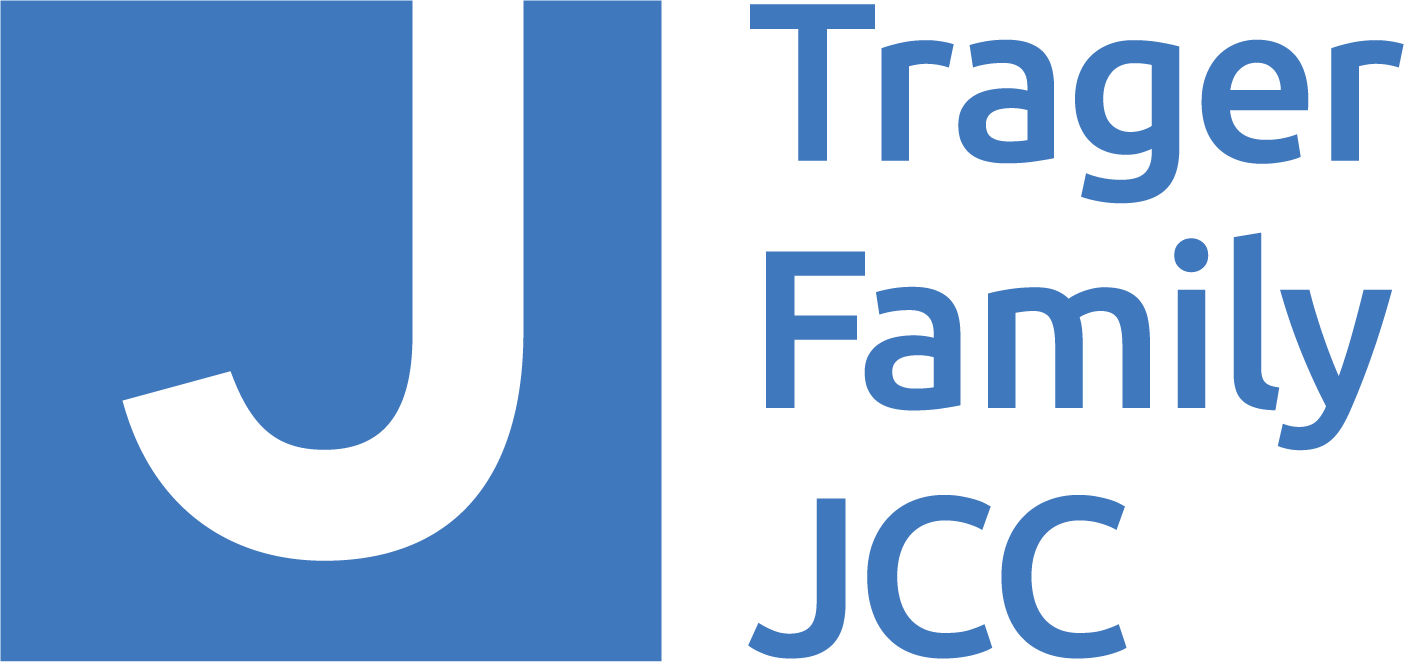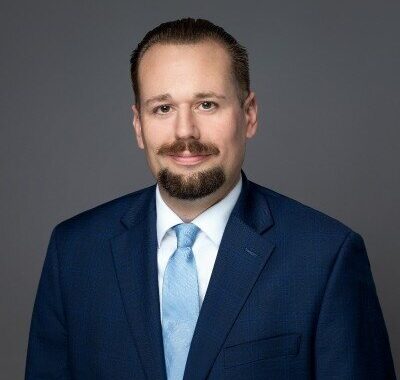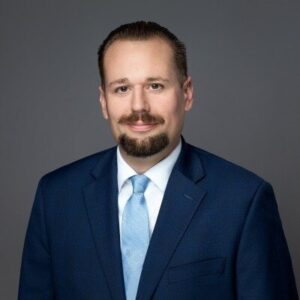By Trent Spoolstra
JCRC Director
For as long as I can remember, I have been reminded about the importance of active membership in my community and building relationships with individuals from many walks of life. From my first job out of college as an AmeriCorps-VISTA assigned to a small Catholic non-profit in Indianapolis, to working for the Anti-Defamation League in Chicago helping to combat antisemitism, to now serving Louisville’s Jewish community, the importance of community relations has been and will remain a mainstay throughout my career.
It was with this background and two months of experience in my new role that I attended this year’s Jewish Federations of North America 2024 General Assembly (GA), which ran Nov. 10-12 in Washington, D.C. For those unfamiliar with this annual gathering, GA is a key event that brings together more than 2,000 Jewish Federation leaders from across the United States and Canada to meet and exchange ideas on the latest experiences facing the Jewish diaspora community.
Of all the sessions I attended over those three days, the two that resonated most with me focused on Jewish relations with the African American and Evangelical communities. It is these two groups that have been given particular attention by American Jews in the 13 months following the October 7 terrorist attack on Israel. Relations with the African American community go back over a century, with the pinnacle of the partnership arguably being the Civil Rights Movement of the 1950s and 1960s. Many Jews, however, have felt hurt or disheartened by the perceived lack of support from those in the Black community to condemn the tragedy of October 7 and the sharp rise in antisemitism that followed. Evangelicals have perhaps been our strongest allies since last October given our shared affinity for Israel. Yet many American Jews still feel uneasy collaborating with Evangelicals given long held beliefs of a secret desire to proselytize to Jews or see all of us move to Israel to fulfill an end-times prophecy that will lead to Armageddon. Both sessions I attended at the GA dispelled common misconceptions and provided insights into improving future relations with each group.
During my session on Black-Jewish relations, the experts highlighted several key points: First, the relationship has had previous difficulties that have ebbed and flowed throughout the years. What the two communities are now facing is nothing new. While there may be individuals in both camps that promote discord, it is imperative to say no to division and yes to collaboration. At the heart of Black-Jewish relations is the universal right to safety and freedom. Experts also emphasized the importance of uplifting Black Jews in the alliance. Ensuring African American Jews have a voice and the opportunity to help bridge gaps between the two groups is vital.
The talk on Jewish-Evangelical relations was equally insightful. American Evangelicals number in the tens millions and are markedly diverse, with membership representing numerous races, observance levels, and political leanings. Organizations like Christians United for Israel and Passages Israel have been instrumental in sending thousands of pastors and students on trips to Israel in which participants come back with a newfound fervor to support the U.S.-Israel relationship. Panelists encouraged Jews to reach out to their Evangelical neighbors and invite them to events like Shabbat dinners to encourage further understanding. One panel member acknowledged that it is natural to go through awkwardness and insecurity for the relationship to grow.
Coalition building can be hard. It can be frustrating. It can at times feel nearly impossible to navigate. Acknowledging this reality, it is understandable for one to ask if coalition building is worth it.
While some in the American Jewish community may think the best option is for us to silo ourselves off and focus completely inward, the Louisville Jewish Community Relations Council (JCRC) believes it is essential to continue strengthening coalition with various communities, particularly African Americans and Evangelicals. One of the main values of the Jewish Community of Louisville, and one of the most important lessons Jews are instilled with at a young age, is tikkun olam – repairing the world. We are taught that Jews have a responsibility to repair the world not just for our benefit but for the benefit of all peoples. African Americans and Evangelicals make up significant portions of Louisville’s population and share our desire to make our city a better place.
The JCRC has an important history of working arm in arm with those in both communities. Last year, we helped lead an initiative via the Louisville Orchestra’s Journeys of Faith program that brought together four synagogues and four historically Black churches to promote traditional music of both groups. This initiative would not have been possible without the leadership of Rabbis Ben Freed and Beth Jacowitz Chottiner as well as Cantor David Lipp. Our past work with Evangelicals has been equally rewarding. Relationships with key pastors and having Jewish representation at events like Christians United for Israel’s (CUFI) A Night to Honor Israel would not have been possible without the efforts of longtime JCRC member Leon Wahba.
As of this writing, the JCRC is currently under reconstruction to create the next chapter of this valuable committee. We will soon lay out a three-year strategic plan emphasizing key areas the council will be focusing on. Strengthening connections with other communities in the pursuit of creating a better Louisville, especially with the African American and Evangelical communities, will undoubtedly be one of our priorities. If we are to fulfill the visions of our Jewish community, such partnerships are not only right but in fact necessary. Please contact me if you have input you would like to share on this topic as our JCRC moves forward.
Trent Spoolstra is the Jewish Communiy Relations Council Director at the Jewish Federation of Louisville and the Trager Family JCC. He welcomes you to contact him about community related issues at tspoolstra@jewishlouisville.org.




